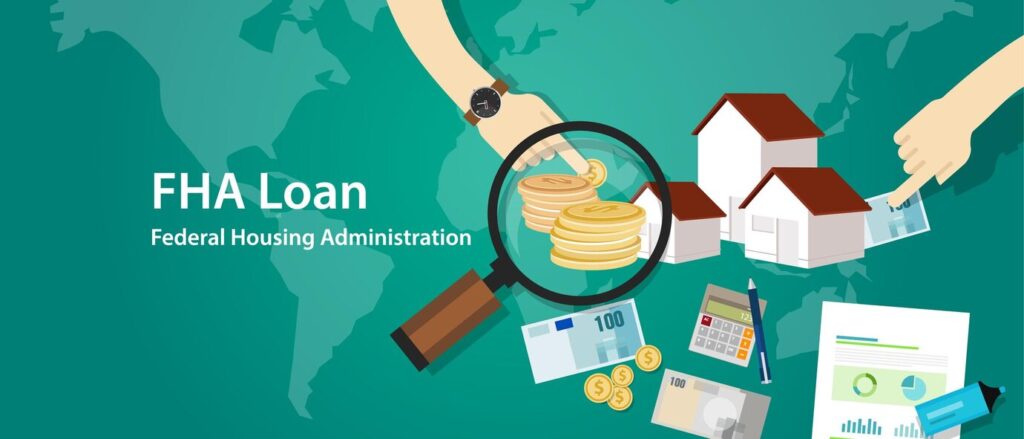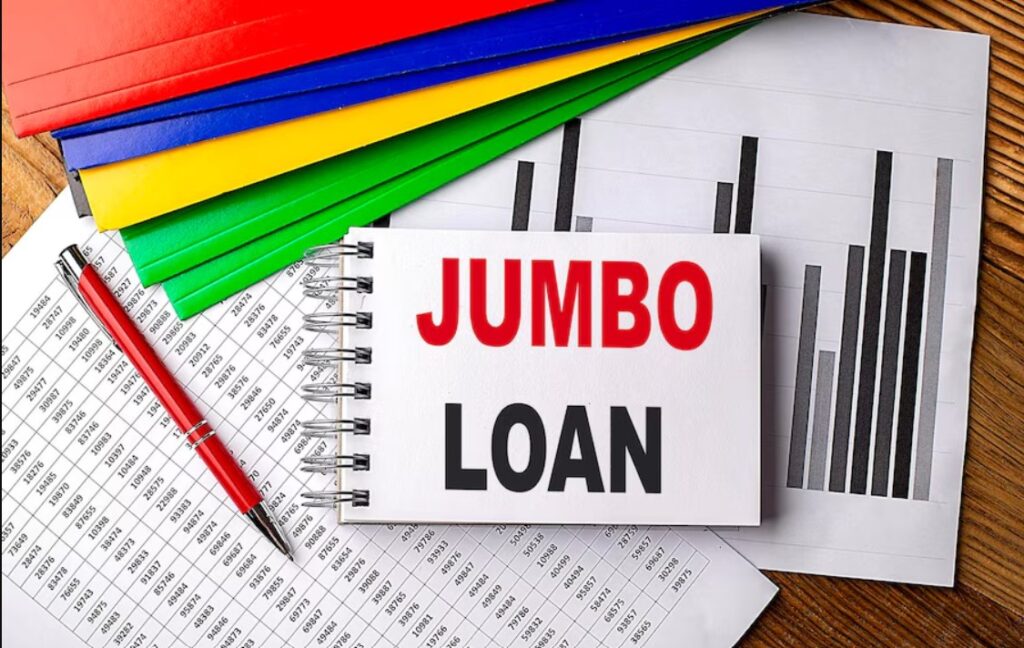Step by Step Guide to FHA Cash-Out Refinance


An FHA cash-out refinance allows homeowners to leverage their property’s equity by refinancing their existing mortgage into a new FHA loan, accessing up to 80% of the home’s value as cash. This refinance option offers lower interest rates, flexible credit requirements, and no prepayment penalties, making it ideal for consolidating high-interest debt, home renovations, or other financial needs. Eligibility criteria include a minimum credit score, loan-to-value ratio, and owning a primary residence. Key benefits include reduced monthly payments, potential for property value increase, and interest savings. Homeowners should carefully consider tax implications and long-term financial strategies before proceeding.
The Refinancing Route: When and How to Refinance Your FHA Loan


Refinancing your FHA loan can provide significant financial benefits, including lower monthly payments, reduced interest rates, and access to home equity. FHA loans, known for their lower interest rates, lower down payment requirements, and relaxed credit score standards, offer various refinancing options like FHA Streamline Refinance, Cash-Out Refinance, Rate and Term Refinance, and Simple Refinance. Streamline Refinancing is the most straightforward option, requiring minimal paperwork and no appraisal, while Cash-Out Refinance allows homeowners to leverage home equity for cash. The right time to refinance depends on market conditions, interest rates, credit scores, and home equity. Following a step-by-step process, from evaluating your finances to completing paperwork with an FHA lender, can ensure a seamless refinancing experience. By refinancing, homeowners can save significantly, with potential monthly savings of $150-$300 or more. At Munshi.Biz, we offer expert assistance to make the refinancing process simple and effective, helping you secure optimal loan terms and achieve long-term savings.
Understanding Jumbo Loan Insurance: What You Need to Know


Jumbo loans offer financing for homes that exceed the Federal Housing Finance Agency’s loan limits, allowing borrowers to purchase luxury properties, especially in high-priced areas like California. Unlike traditional mortgages, jumbo loans often require larger down payments and may not mandate insurance, although some lenders may offer jumbo loan insurance as an added security measure. This differs from Private Mortgage Insurance (PMI) for conventional loans, which is typically required when down payments are less than 20%. Jumbo loan insurance, though not as common, can benefit borrowers by potentially lowering interest rates while protecting lenders from borrower default. To determine if you need jumbo loan insurance, consider factors like your credit score, down payment, and lender requirements. Consulting a mortgage expert can help you assess your financial standing and choose the best loan option for your needs.
DSCR Loans With 0% Down Payment? Is It Possible?


A DSCR loan (Debt Service Coverage Ratio) offers real estate investors a unique financing option by focusing on a property’s rental income rather than the borrower’s credit score or income. While DSCR loans can be appealing for investors, the possibility of securing one with a 0% down payment is highly improbable. Most lenders require a down payment due to the associated risks, competition, and loan-to-value (LTV) ratios, with typical down payments starting at 20%. Although a true no-down-payment DSCR loan is a myth, these loans are still valuable for experienced investors who meet credit and financial requirements. Prospective homebuyers can explore alternatives like FHA and USDA loans, which offer lower down payment options. To leverage DSCR loans effectively, focus on building strong credit, crafting an investment plan, and exploring down payment assistance programs. Strategic planning and realistic expectations are essential for those pursuing homeownership through DSCR loans or other financing avenues.
DSCR Loan vs Conventional Loan: Which is Right for Your Investment?


When deciding between DSCR (Debt Service Coverage Ratio) loans and conventional loans for real estate investments, it’s important to consider key differences in terms of loan approval criteria, interest rates, and property versus personal income focus. DSCR loans are typically used for commercial properties and are approved based on the property’s cash flow, offering larger loan amounts and longer terms, but come with higher interest rates and require a significant down payment. Conventional loans, on the other hand, are based on borrower creditworthiness, offering lower interest rates, flexible terms, and options for various property types but involve stricter qualification criteria and extensive documentation. To determine which loan is right for you, assess your investment goals, risk tolerance, property cash flow, and overall financial strategy. If you prioritize property revenue and can handle higher down payments, DSCR loans may be ideal. If you prefer lower initial costs and a broader property range, a conventional loan may be a better fit.
DSCR Loans for LLCs: Benefits and Considerations


DSCR loans offer a strategic solution for LLCs looking to invest in income-generating properties without relying on personal income verification, making them ideal for newer LLCs with limited financial history. Unlike traditional loans that focus on the borrower’s income and credit, DSCR loans assess the property’s ability to cover mortgage payments through its Debt Service Coverage Ratio (DSCR). With a DSCR of 1.25 or higher, the property shows sufficient income to cover the loan. Key benefits include faster approvals, no personal guarantees, and the ability to expand investment portfolios, though higher interest rates and down payment requirements may apply. Consulting a loan specialist, like Munshi.Biz, is crucial to finding the right lender and ensuring a smooth financing process for your LLC’s real estate ventures.
Legal and Tax Implications of Jumbo Loans


Jumbo loans are designed for high-value properties, exceeding the limits set by FHA and not eligible for Fannie Mae or Freddie Mac purchases. They come with complex legal and tax implications. Borrowers face stricter requirements such as higher credit scores, larger down payments, and more documentation, but also benefit from flexible underwriting. Jumbo loans are subject to TILA and RESPA, ensuring legal disclosures on loan terms. Tax implications include limited mortgage interest deductions post-TCJA (Tax Cuts and Jobs Act) and a cap on property tax deductions. It is crucial for borrowers to understand state-specific foreclosure laws, plan finances efficiently, and seek expert guidance to maximize the benefits of jumbo loans.
Understanding PMI: How It Affects Your FHA Loan and How to Manage It


Private Mortgage Insurance (PMI) is a requirement for FHA loan borrowers who contribute less than a 20% down payment. While PMI adds to monthly mortgage payments, it safeguards lenders if the borrower defaults. PMI typically ranges from 0.5% to 1% of the loan amount annually, based on factors like loan size and credit score. To manage PMI, borrowers can make a larger down payment, improve their credit score, or refinance with an FHA Streamline Refinance Loan once they have 20% equity. Understanding PMI’s role, along with these strategies, can help minimize its impact on your financial journey as a homeowner.
Property Types Eligible For Jumbo Loans


Jumbo loans provide an essential financing solution for those looking to purchase high-priced properties that exceed the conforming loan limits set by the FHFA. Unlike conventional loans, jumbo loans offer the flexibility to finance a wide range of properties, including luxury homes, condos, vacation properties, and multi-unit buildings. With higher loan amounts come stricter qualification requirements such as a strong credit score, larger down payments, and potentially higher interest rates. However, jumbo loans open the door to dream homes, whether it’s a single-family residence or an investment property. Before opting for a jumbo loan, it’s crucial to evaluate your financial readiness, compare lenders, and consider the long-term cost. Connect with a mortgage expert today to explore if a jumbo loan aligns with your real estate goals and to guide you through the process of securing your dream home.
Financing Your Investment with Bridge Loans vs Hard Money Loans – Which is the Smart Choice?


Real estate investing is one of the most intriguing fields that may contain the key to financial success. Yet, establishing the appropriate type of funding can be challenging, as if you are lost in a maze. Among the choices that people consider, we have bridge loans and hard money loans. Both are forms of short-term […]
